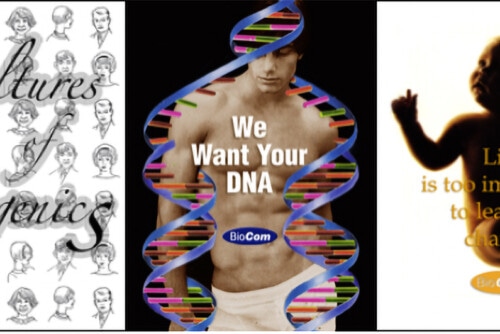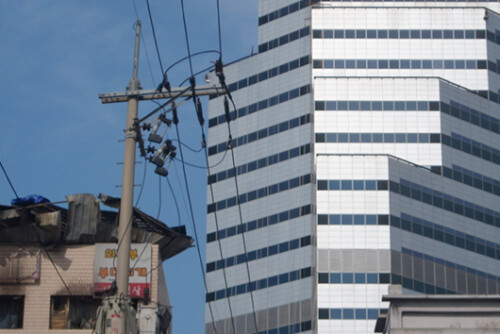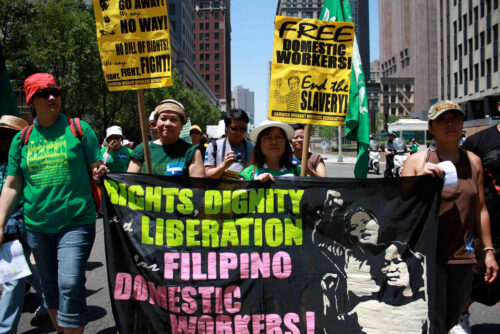Assisted reproduction is a queer thing, or at least it can be. That is both the fear behind many critiques of reproductive technology (i.e., that it will subvert the “natural” family, women’s bodily power, commodify life, and so on), and also the promise that many utopian visions have pinned on technologically-reshaped conception and gestation. Assisted reproduction is also, as the many pieces in this issue attest, embedded in real-world power relations, and can’t simply be lifted out of them with utopian dreams and progressive intentions. But surely a critical eye and political integrity helps? As a feminist who hopes to have children and will probably need some technological intervention to make that happen, I wondered what I might learn from others with the same wary hope that I might build a really “queer” family this way, rather than a normative one. So I went looking for first-person accounts from people who have used various reproductive technologies with a critical awareness of the way those technologies are enabled by, and further entrench, the structural and very personal conditions of stratified reproduction. 1 In other words, I looked for a record of “critical adopters” of reproductive technologies.
In the spirit of recognizing the “personal and political,” a theme that recurs throughout this review, I want to offer a brief personal reflection on how my scholarly interest in “Critical Adoptions” came about. As a queer woman, and someone who desires children, “assisted” reproduction in some form—likely via sperm donation or adoption—is something that I seriously contemplate. The larger political questions that I examine in this review are therefore very personal questions and, as such, it is impossible to suggest that affect played no role in my analysis. Indeed, the fact that queer parents have to think about the hows (in addition to the whys and whens) of baby making out of necessity is a reoccurring theme in essays and academic research on the topic (though, as I will explore below, we should not equate queerness with awareness of privilege). As a bisexual woman, however, I can also relate to the narratives often found in heterosexual women’s accounts of infertility—I am not sure that using technology if I want to biologically reproduce will be in the cards, and sometimes it feels as if technology will be thrust upon me due to forces quite outside of my control (a theme that comes up frequently in heterosexual accounts of using reproductive technologies to address infertility). While in more radically queer/feminist moments I take pleasure in “subverting” the intended use of reproductive technologies to create my family, I am also reminded that the ability to create a family in this way is a privilege. The questions surrounding my reproductive present/future have drawn me into feminist activism and scholarship to look for answers and explore possibilities surrounding the political economy of reproduction.
This piece is an excerpt of a larger search for narratives by and about “critical adopters.” Here, I focus on the theme of assisted reproduction as “queer”—both in the ways that the turn to technology incites a newly critical, outsider status in many infertile heterosexuals, especially single women, and in the ways that technology allows many queer people to pursue family-building in ways that have been unavailable to us until recent years.
- See Shellee Colen, “‘Like a Mother to Them’: Stratified Reproduction and West Indian Childcare Workers and Employers in New York,” in Conceiving the New World Order: The Global Politics of Reproduction, Faye Ginsburg and Rayna Rapp, eds. (Berkeley, CA: University of California Press, 1995).[↑]


